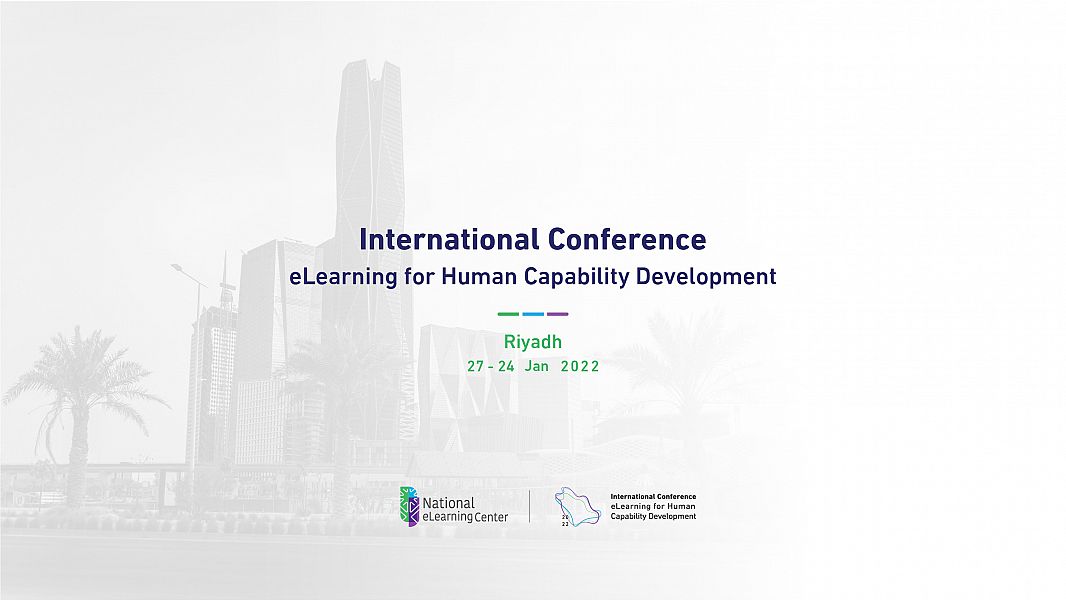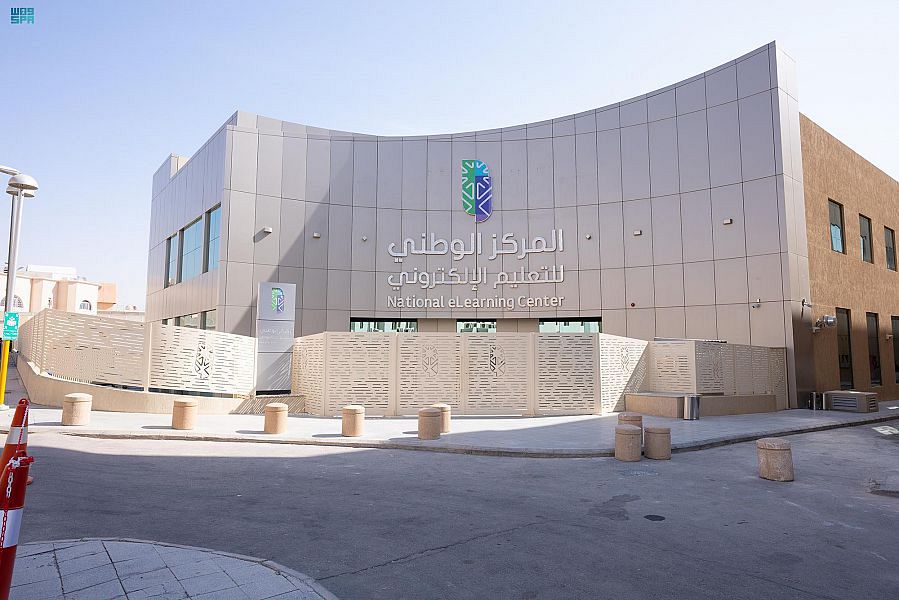
Japan is preparing to host the eighth Tokyo International Conference on African Development, which will take place in Tunis, Tunisia, on Aug. 27 and 28.
After the curtain closed on the Cold War, the interest of developed countries in supporting Africa declined. It was in that context that in 1993, Japan, reasserting the importance of African development, launched TICAD.
The characteristic feature of TICAD is its spirit of unfailingly supporting the autonomous development of Africa and cooperating with the continent on an equal footing.
This is based on Japan’s own experience after the Second World War of receiving support from the international community while also achieving reconstruction through its own self-help efforts. With population growth buoyed by the young, Africa is a treasure trove of potential, now more than ever. I am currently advocating “New Capitalism,” and Japan will continue to make every effort in support of African-led sustainable development, with Japan and Africa working as “partners that grow together.”
Reflecting this spirit of Japan and Africa taking this journey together, it was decided that TICAD, which initially convened only in Japan, would be held alternately in Japan and Africa, once every three years. The sixth conference, which took place in Nairobi, Kenya, in 2016, was the first to convene in Africa.
At TICAD 7, in Yokohama, Japan, in 2019, the promotion of business was central to the discussions, giving private companies the status of official partners for the first time in the conference’s history. I intend to further accelerate this trend of placing importance on investment and business during TICAD 8 as well.
As we prepare to hold TICAD 8, we underscore two shared challenges facing the international community that need a response. The first of these are measures to prevent the spread of infectious diseases, as seen during the COVID-19 pandemic.
They resulted in a slowdown of economic growth, the loss of employment and educational opportunities, and caused enormous harm to particularly vulnerable groups, including women, young people and the poor. The question of how to “build back better” will surely be a major theme of African development going forward.
The second is the challenge to a free and open international order, based on the rule of law. The world has come to its first turning point on this issue since the end of the Cold War in the late 20th century.
Russia’s ongoing aggression against Ukraine has made this shift to a new age clear to all. Russia’s aggression has also disrupted international energy and food supplies, resulting in enormous impacts on the African economy and society.
Furthermore, unfair and opaque development finance impedes the sustainable development of vulnerable countries. Japan will use TICAD to make contributions toward overcoming these challenges. Africa is a treasure trove of potential even as it faces a wide range of challenges in modern society, such as widening disparities, climate change, terrorism and conflicts.
TICAD 8 aims to deliver concrete results to help create a resilient society together, using an approach that places importance on Japanese-style investment in people and quality of growth.
As the first large-scale international conference for high-level discussions between Japan and African countries since the pandemic began, TICAD 8 is an extremely valuable diplomatic opportunity.
Kishida Fumio is Japan’s current Prime Minister. He has been serving as Prime Minister and President of the Liberal Democratic Party since 2021.
Disclaimer: Views expressed by writers in this section are their own and do not necessarily reflect Arab News" point of view








